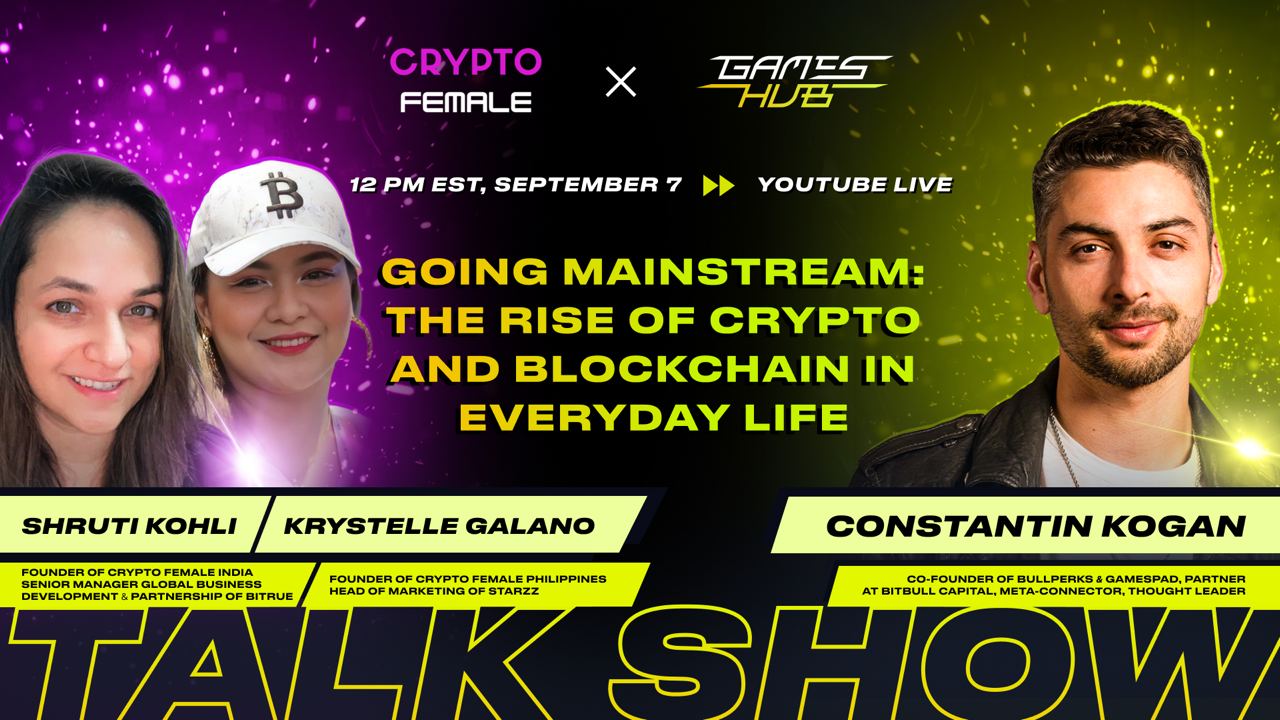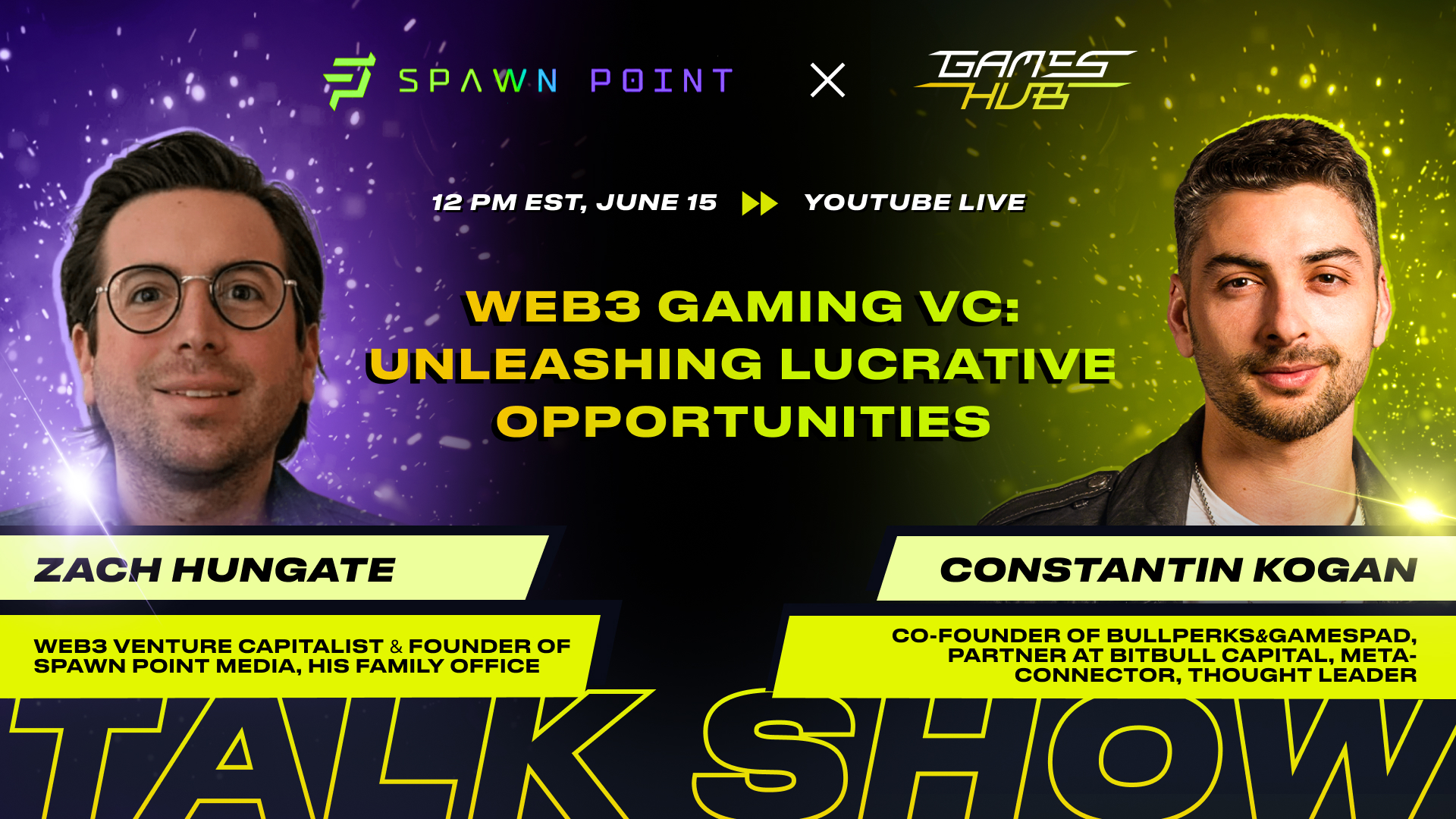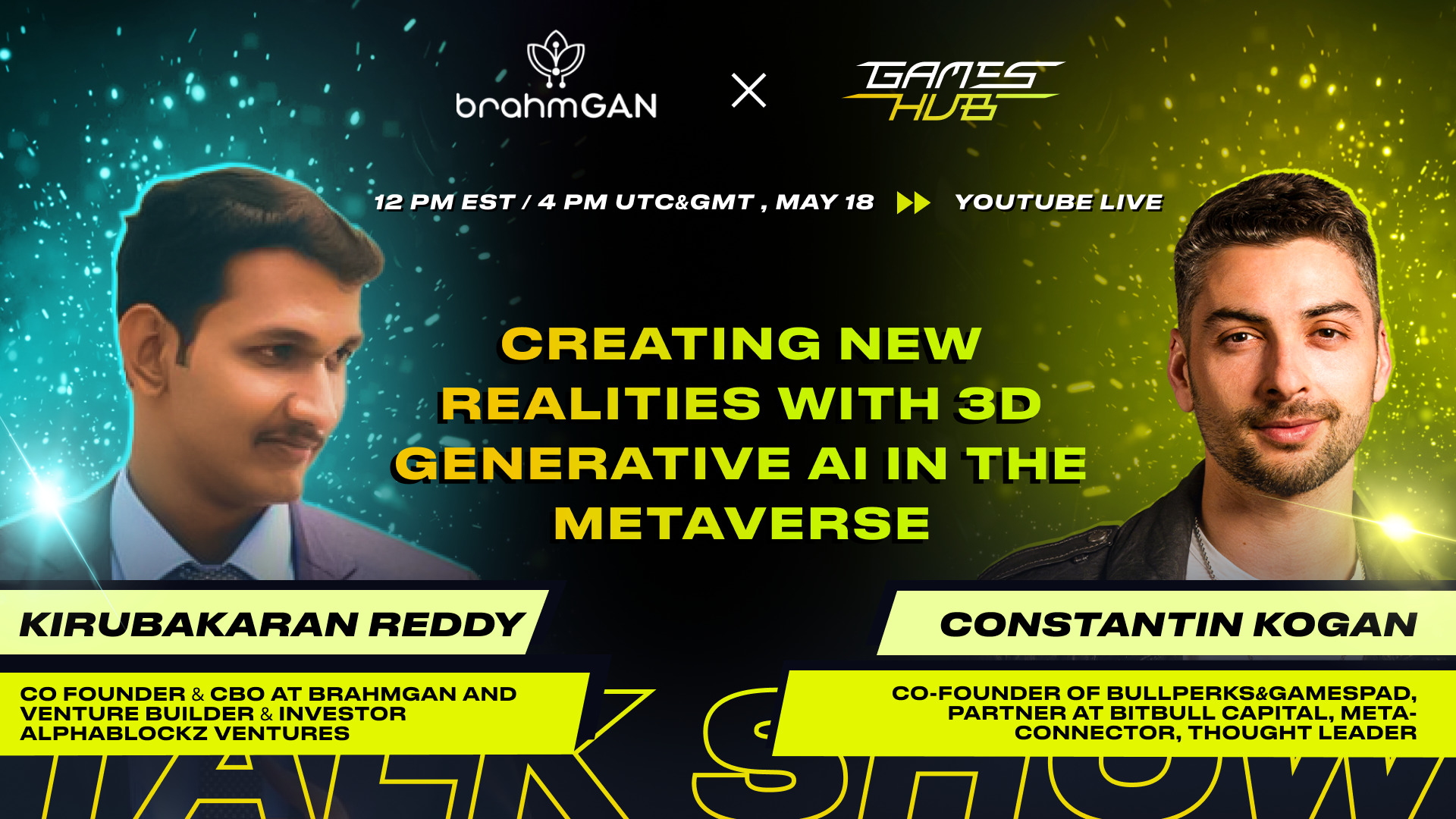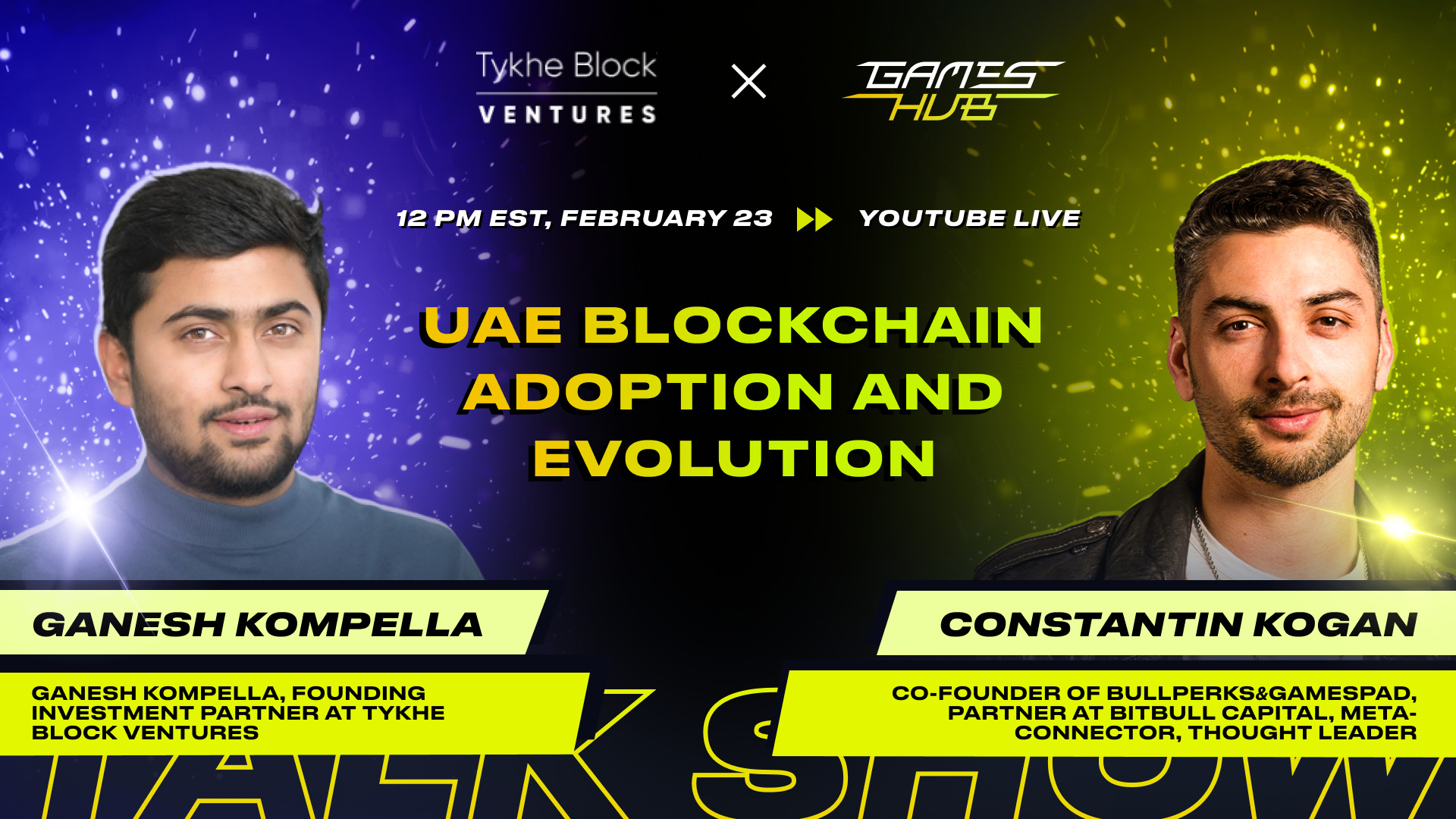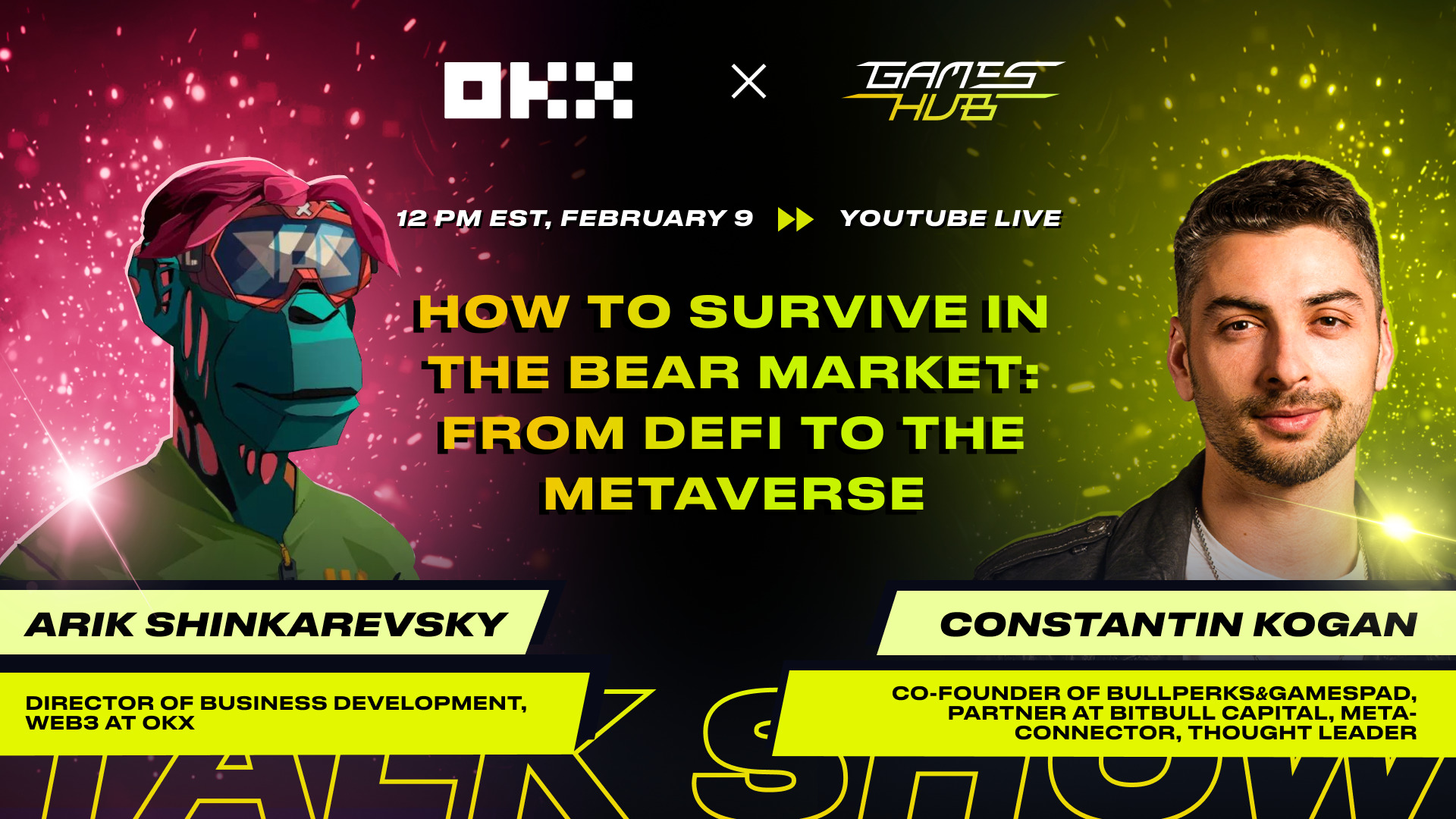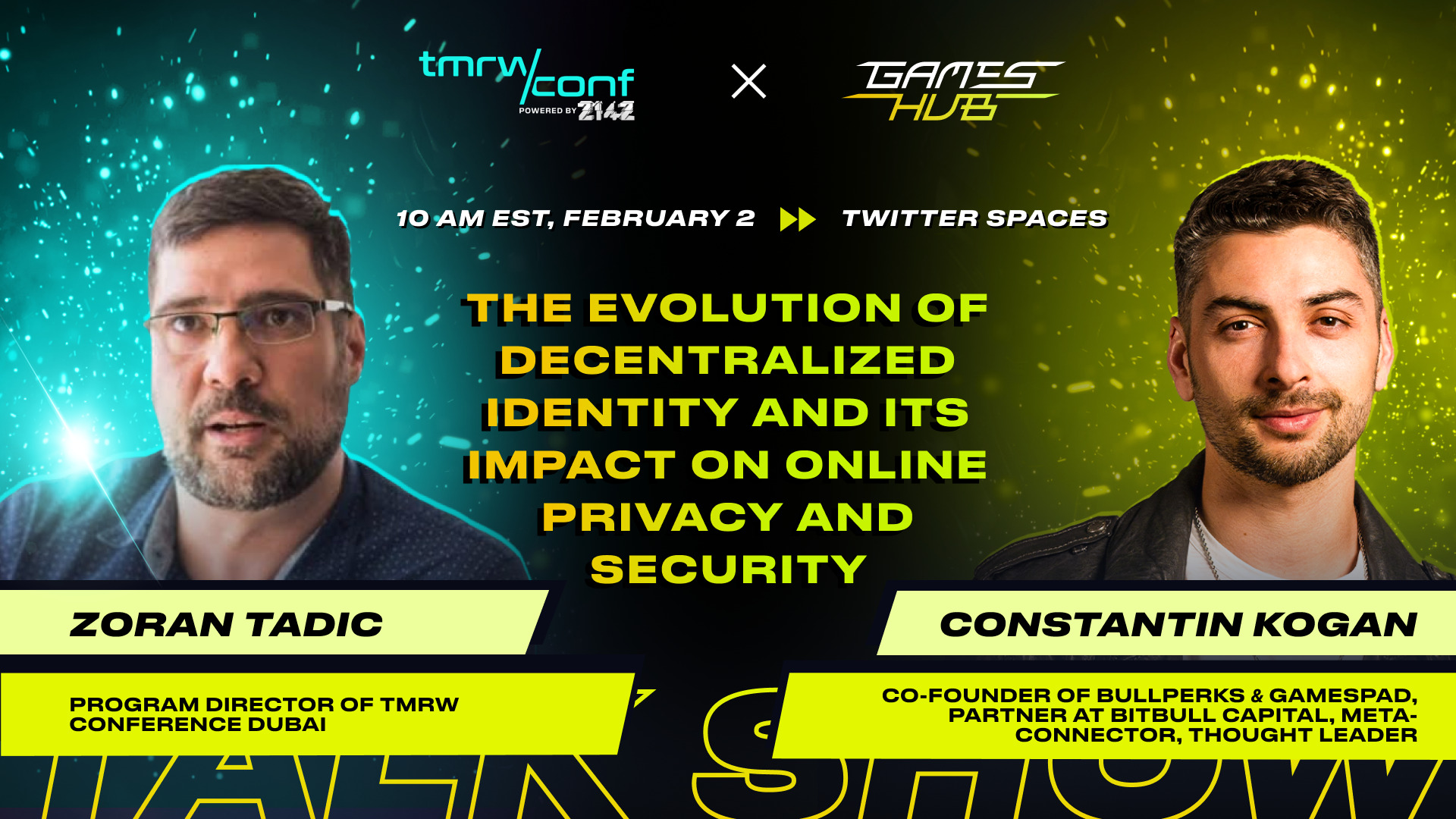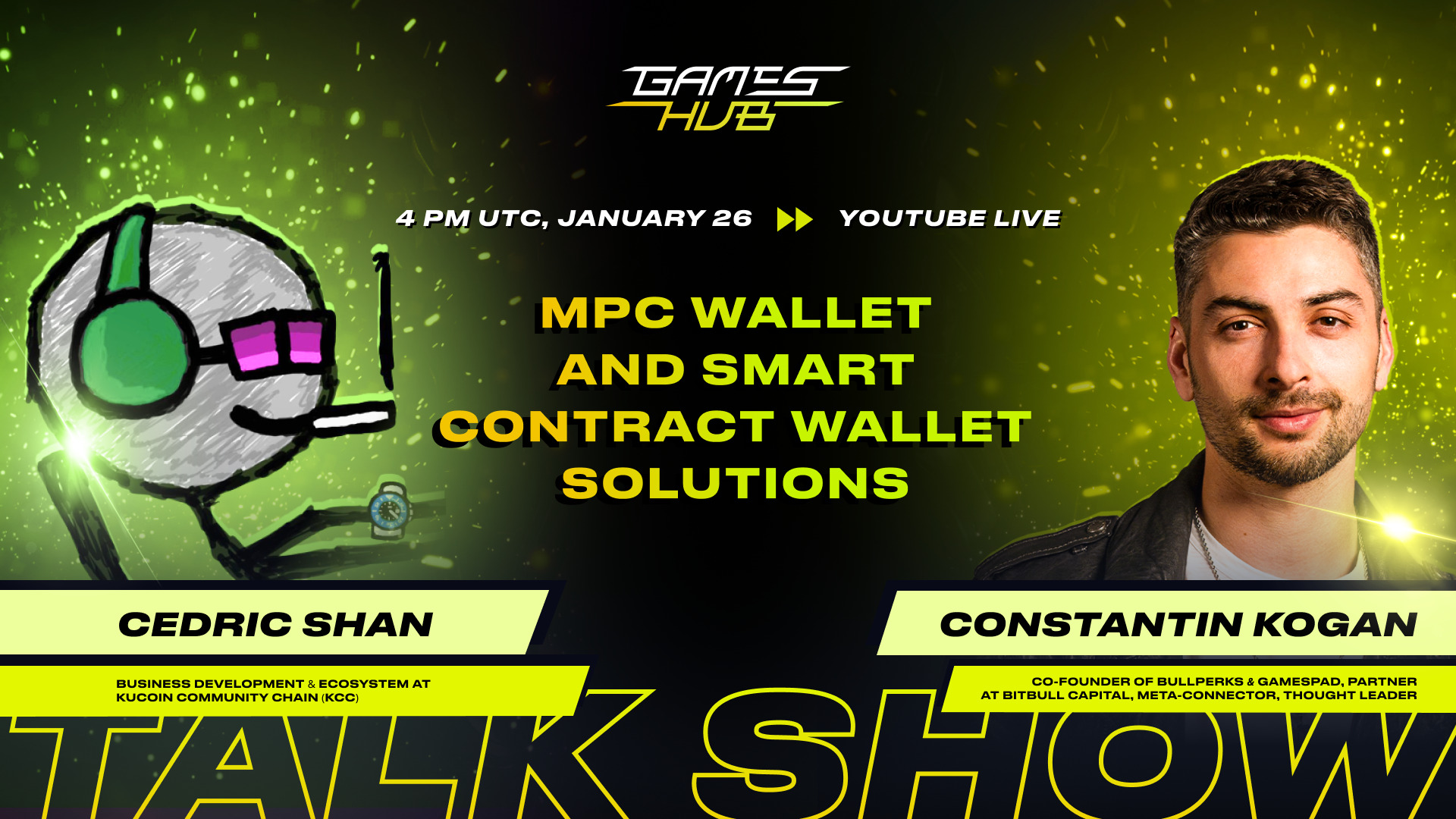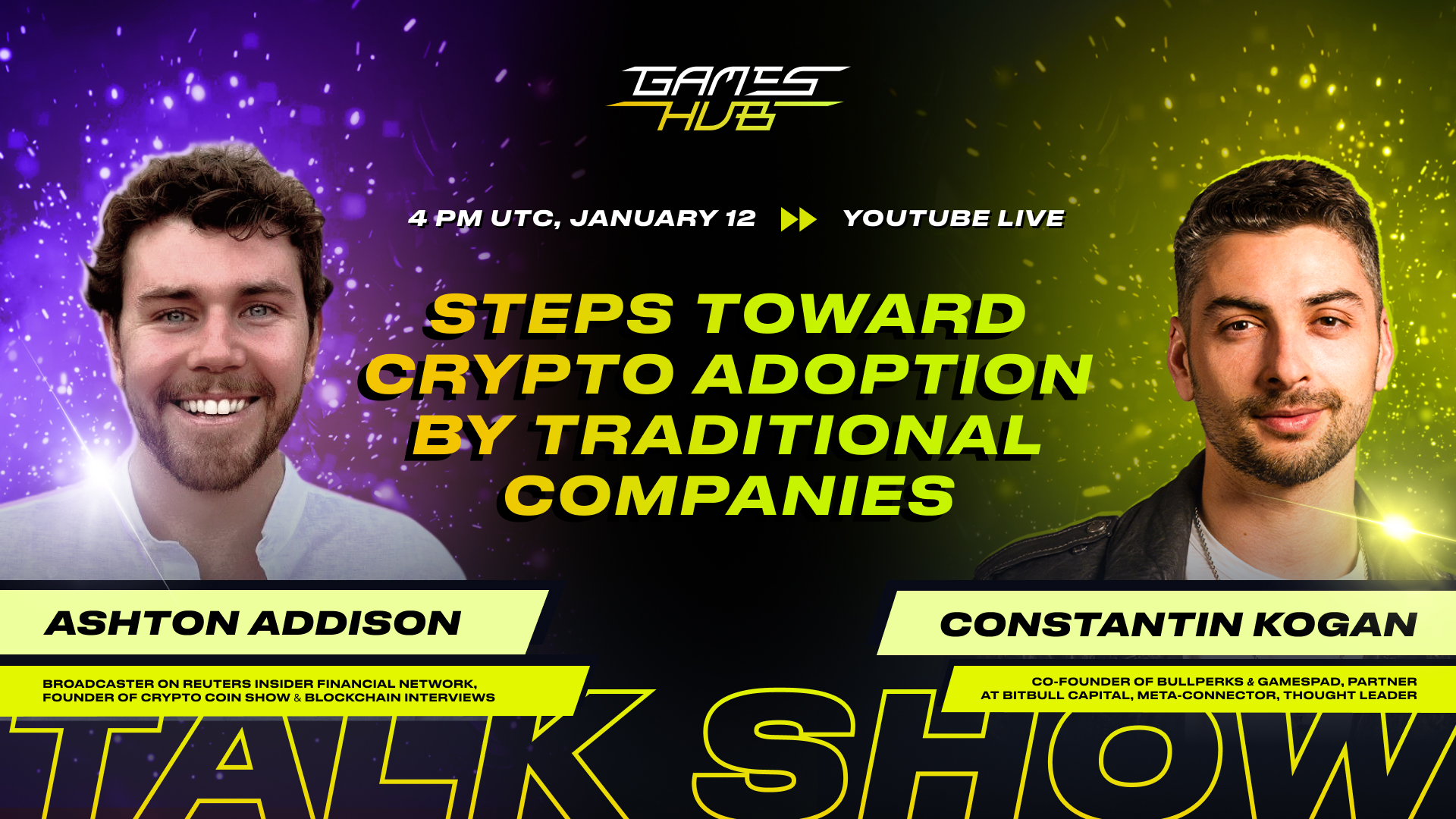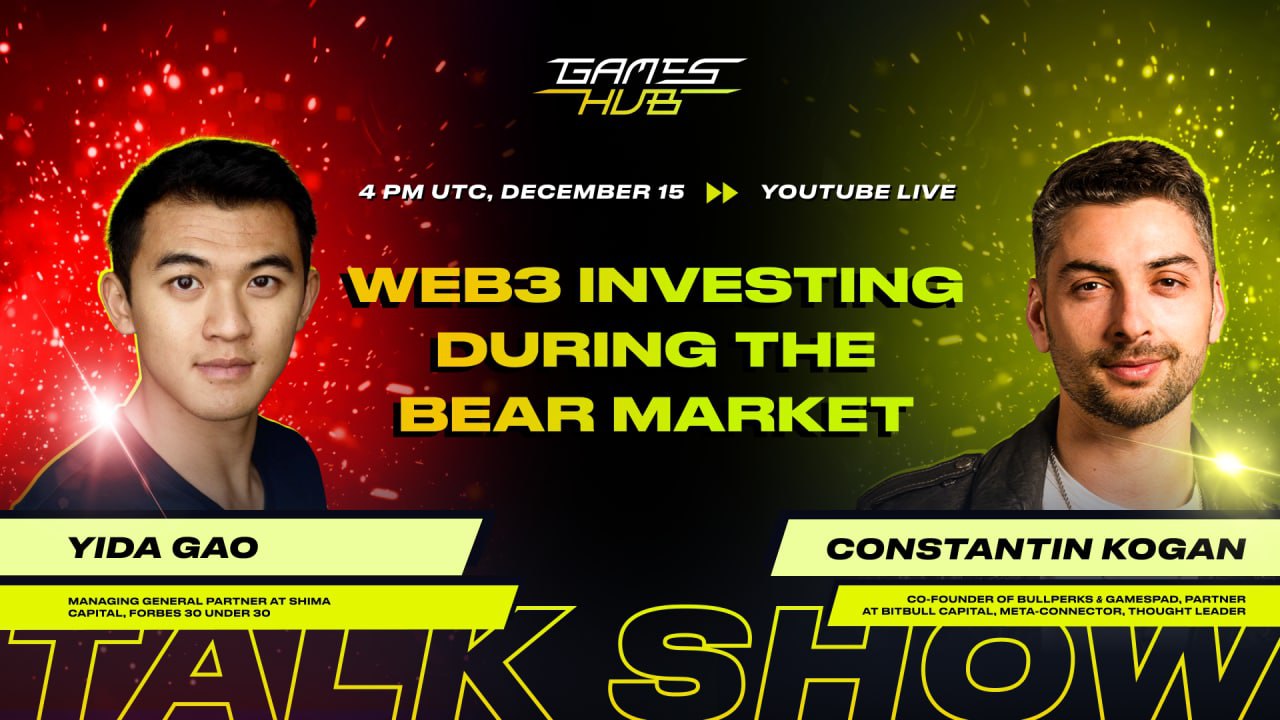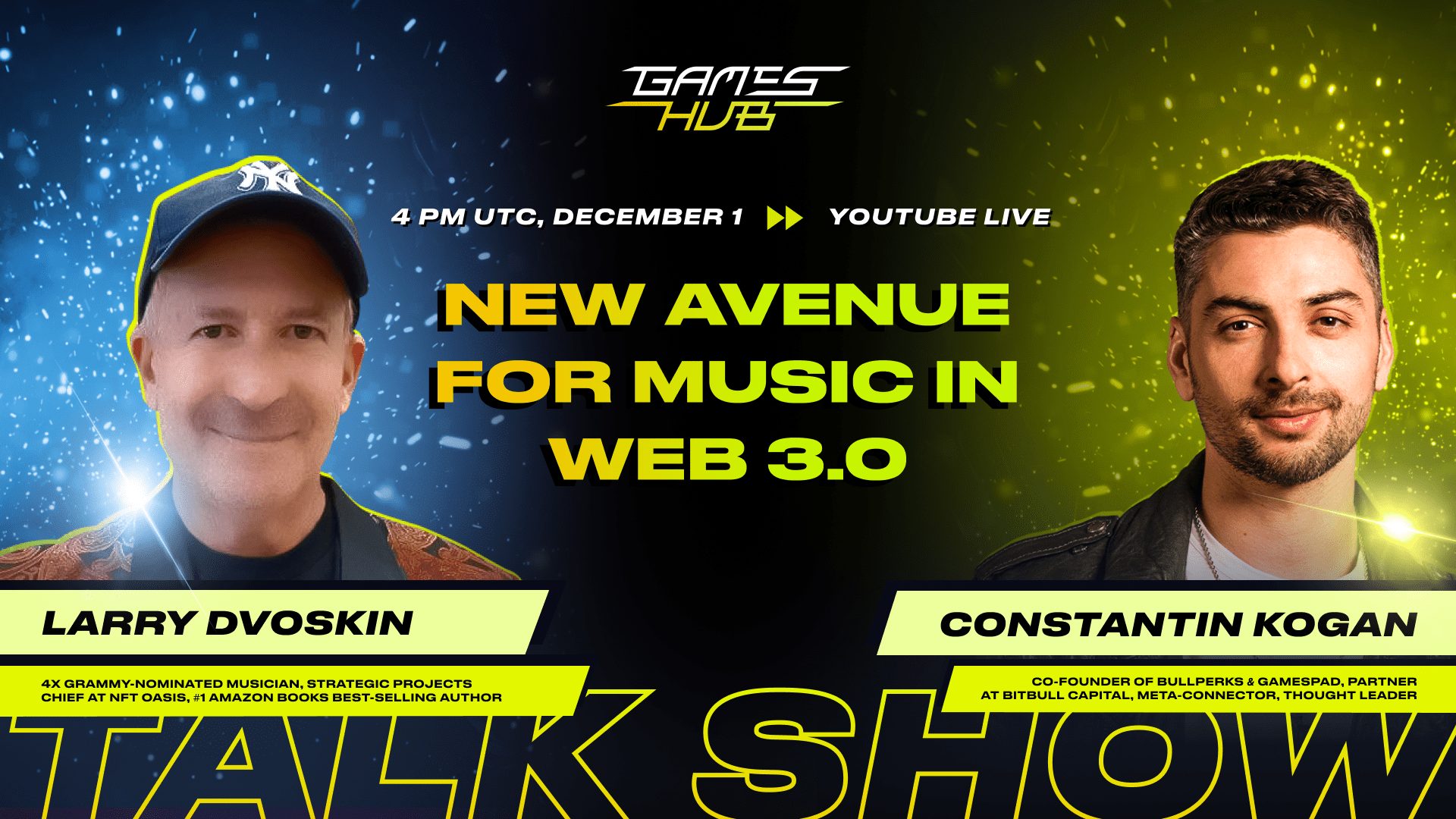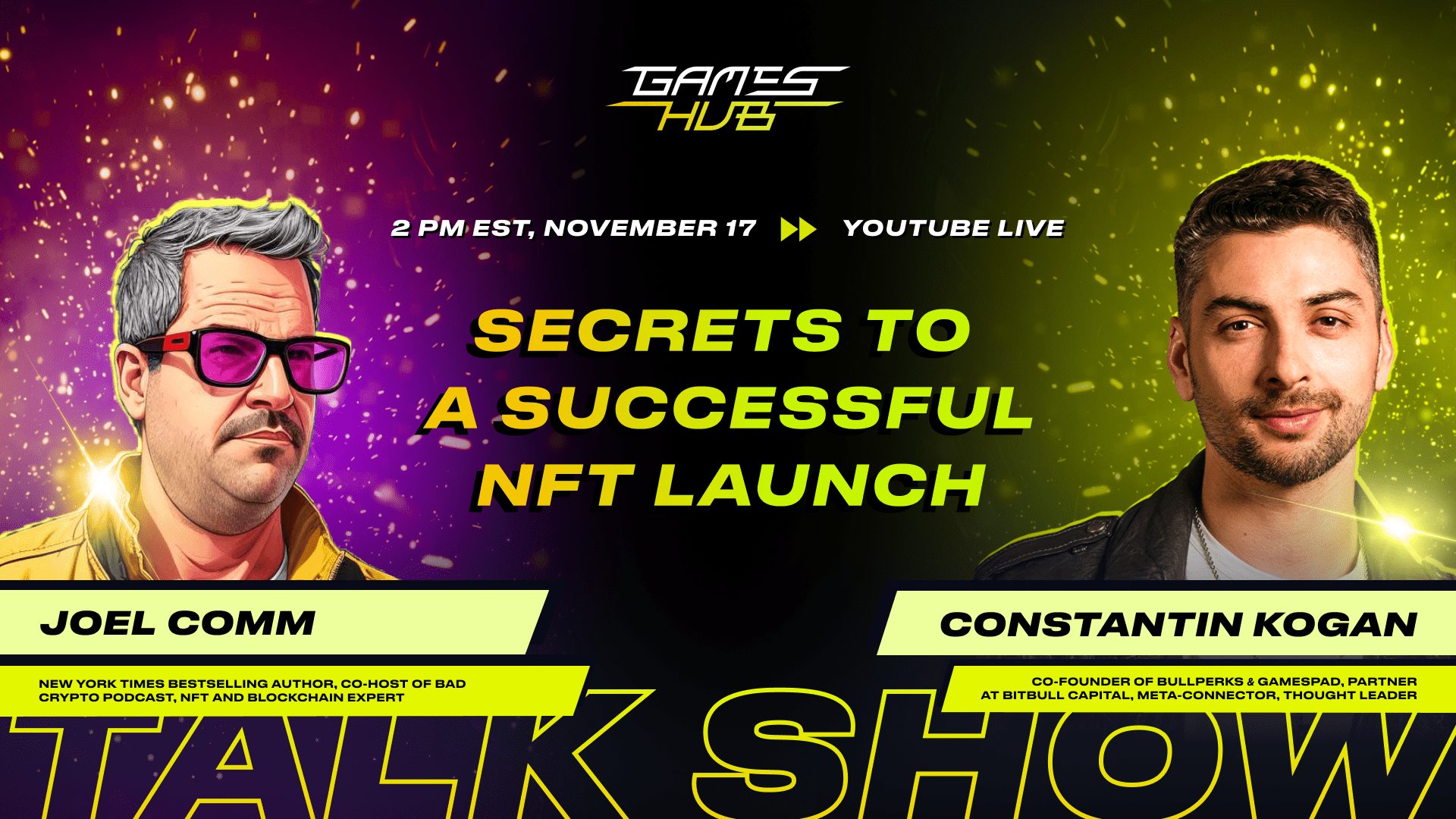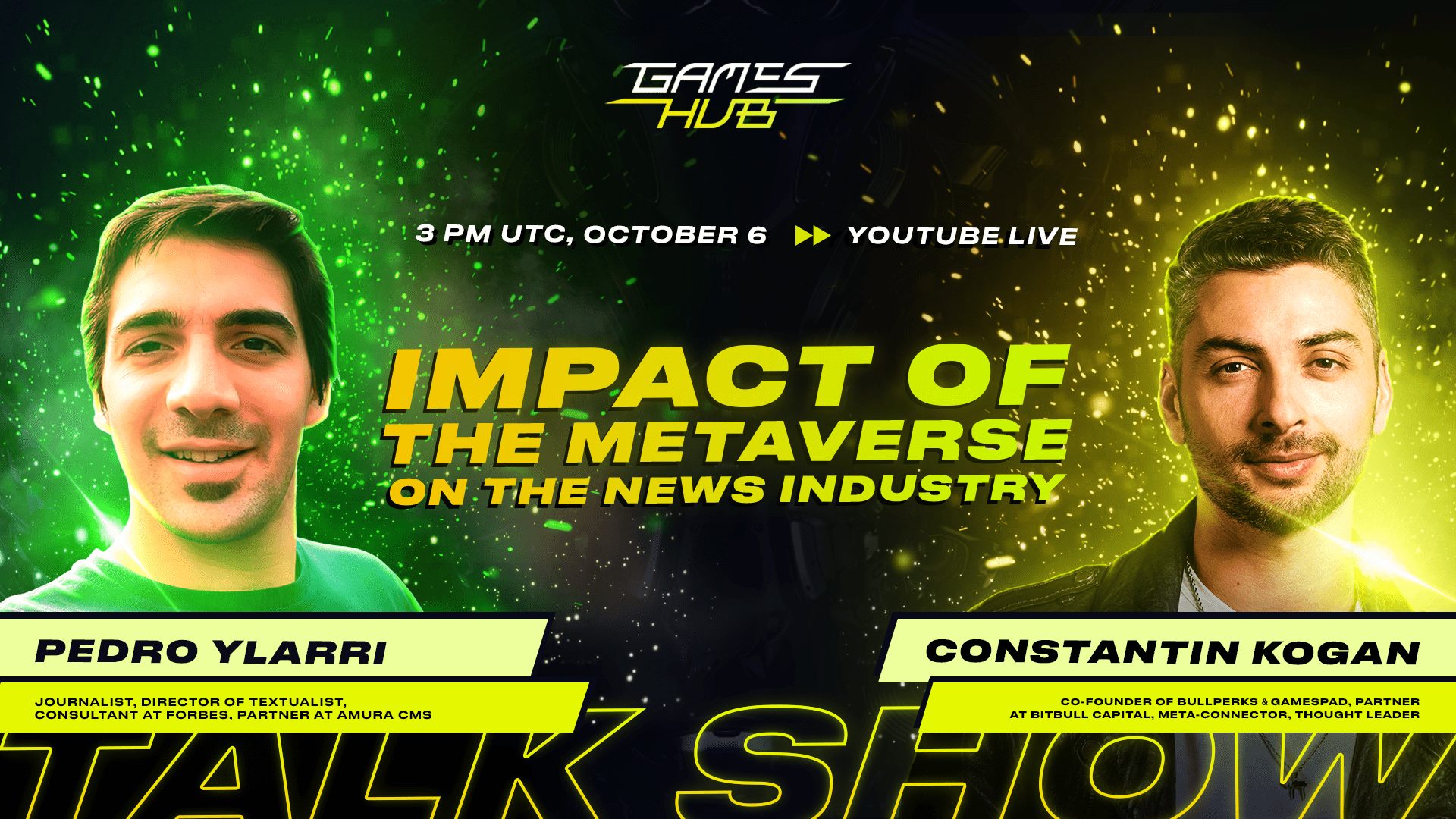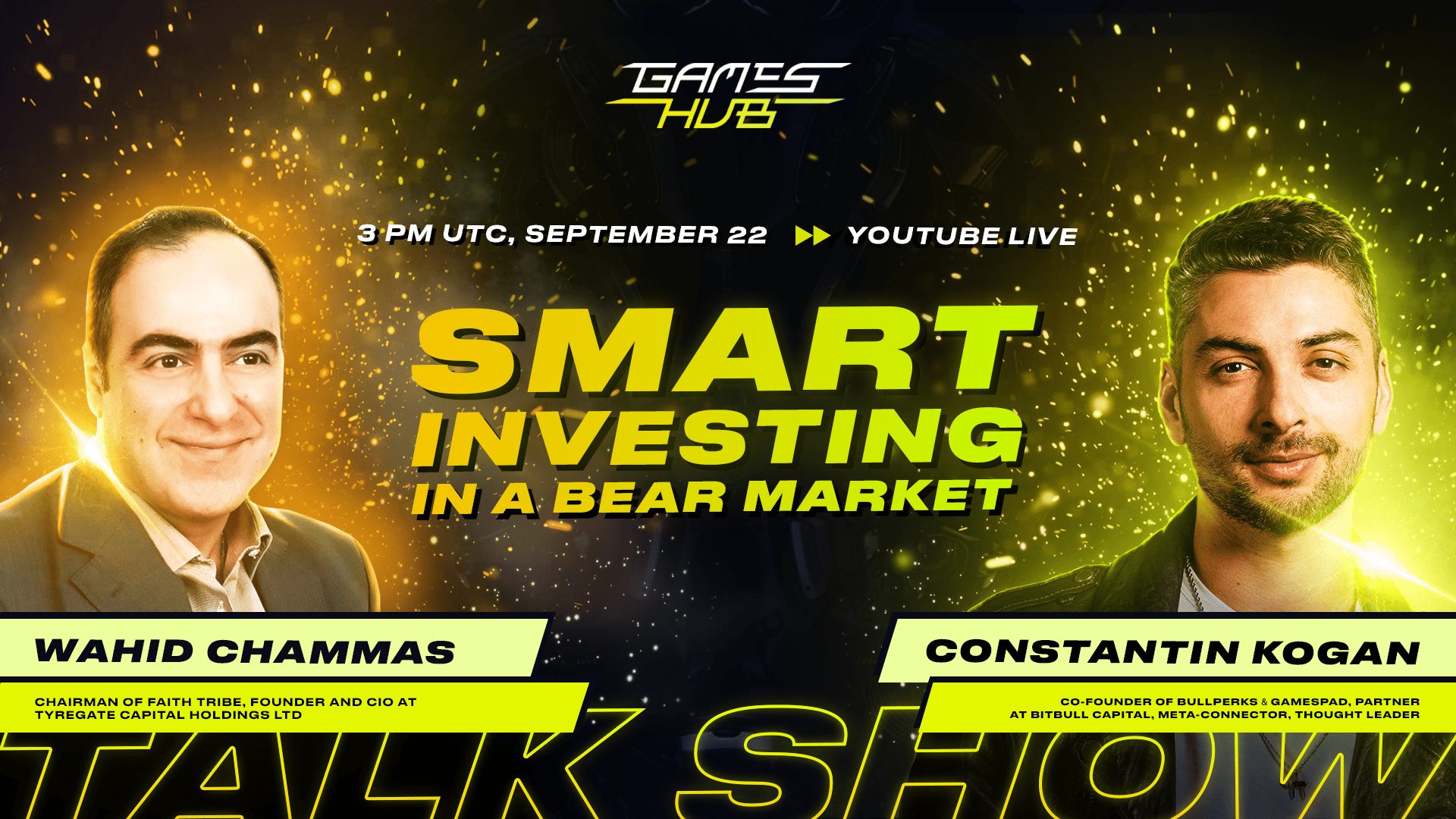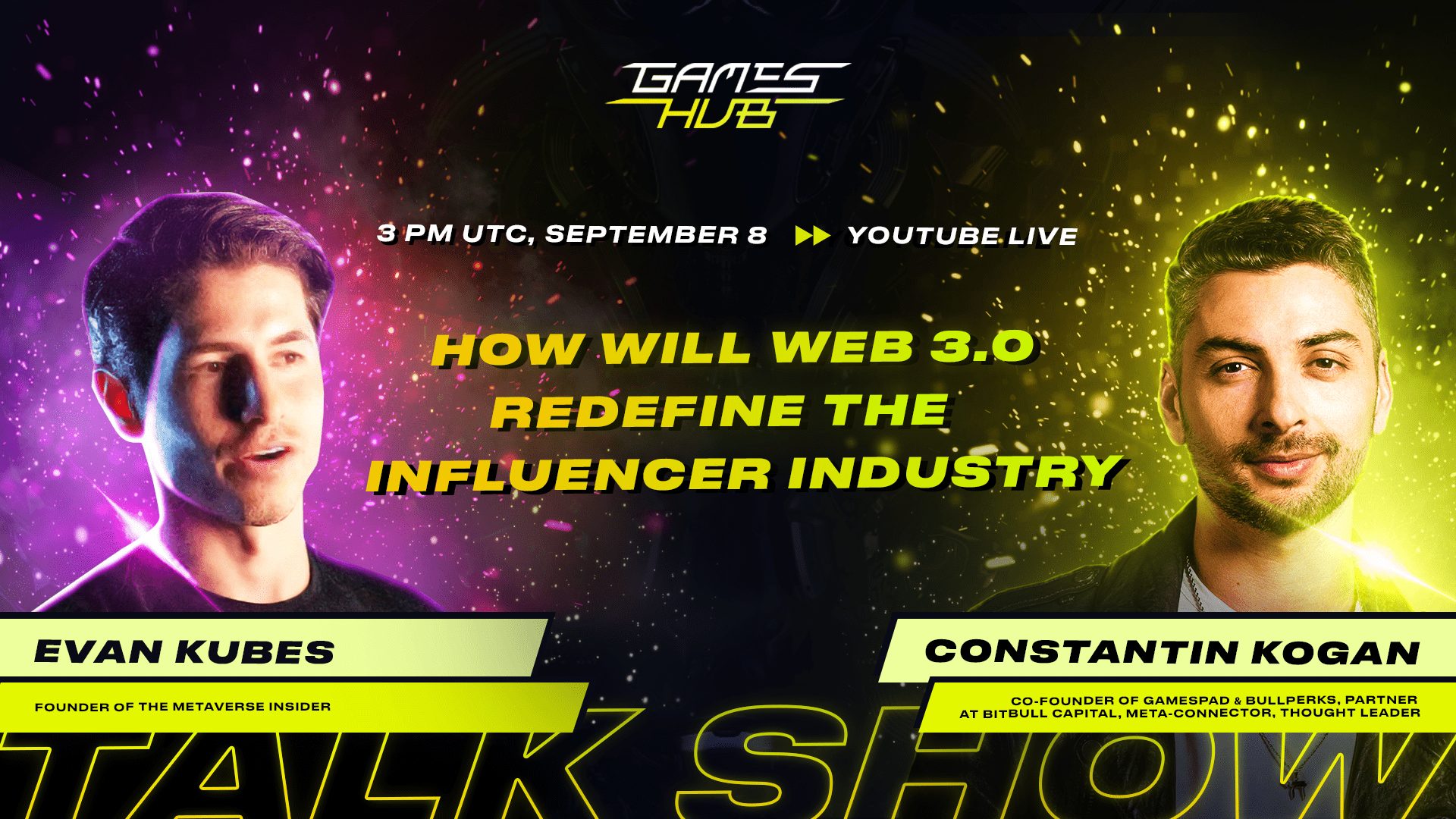GamesHUB #11 | Web3 Gaming and the State of NFTs Across the Industry




Data Engineer and Blockchain Strategist from Credit Suisse & Coinbase listings team
GamesPad & BullPerks Co-Founder, Partner at BitBull Capital.
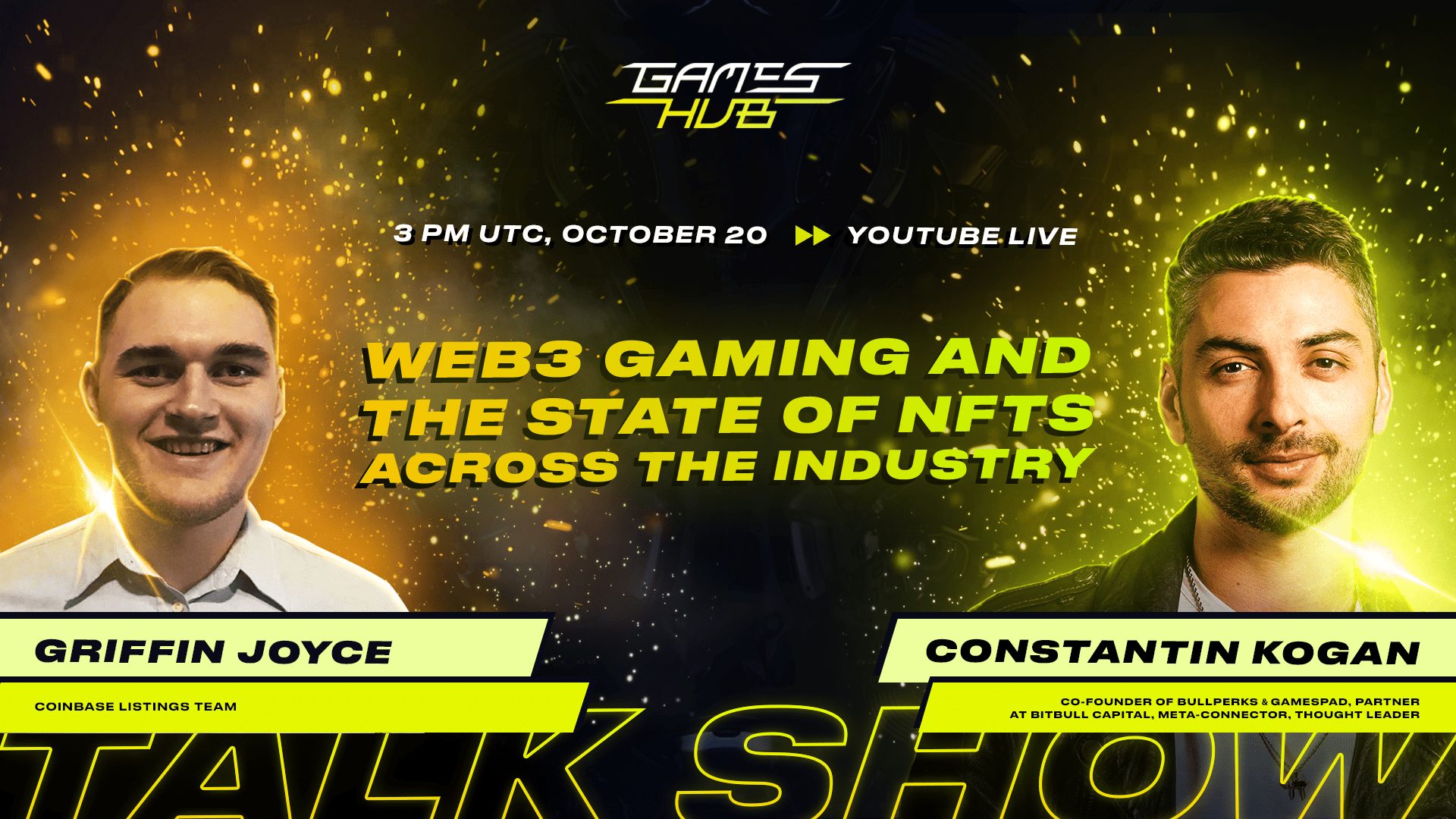

I think Web3 in gaming can really work well together in a lot of ways. There’s some other blockchain or crypto specific use cases that integrate in a very natural way.
The thing I keep seeing in all my years of crypto is when you actually are using the benefits of blockchain technology which actually has a lot to offer. A lot of times you’ll see there’s projects, whether it be in gaming or something else, they’re trying to use blockchain for it.
The fit isn’t natural and they’re trying to kind of force it or they’re just trying to slap it on there because it’s the new hype thing. You see that in crypto itself, whatever the new hype wave is, you’ll see a lot of companies come out and try and just force that integration between the two.
But I think with gaming specifically, there’s a lot of cool things you can do, especially when it comes to NFTs.

In terms of projects specifically and utility, I think ImmutableX is a pretty cool company. This is just from personal views from having been in the industry so long and watching it evolve.
No gaming companies or traditional gaming companies, which I think you’re going to need to be on board, get the adoption it needs. It’s not going to work unless they’re on board. I don’t see any of them going to be the ones to be the standard.
Look at a marketplace that did build some form of standard for games such as Steam. Steam became the standard marketplace for a ton of games. It’ll be hard to find a game that launches that’s not gonna be available on Steam. Even massive games that come from companies that have their own marketplaces too, such as Microsoft. Microsoft launches a lot of games and they have their own store and marketplace, but you’ll still find that a lot of them go on Steam. And Steam became like the de facto standard for a gaming marketplace.
You want to go and find a game, you’re probably gonna have Steam and you’re probably gonna search on Steam. So I think the same thing applies here in terms of having a standard and having something that all these games can use.

I think it’ll all come down to kind of demand. If somebody sees there’s demand for the interoperability, then it’ll happen. The marketplaces will meet that demand because that’s what the market wants.
However, it comes to the users at the end of the day. There’s a lot of benefits to that, but the users might not know it at the end. The end user might ask “why would I want this interoperability? I just love this marketplace and why would I ever want to take my NFT to another one?”.
That kind of shines a light on the current state of NFTs in general and them needing utility. I’m not too happy with the current state of NFTs in general because I think they do have a ton of really cool use cases with a lot of utility behind them, but you’re not seeing the demand from the market for it. All you see is just a lot of communities that pop up around a certain NFT.
Therefore, we need to start seeing more demand from people.






